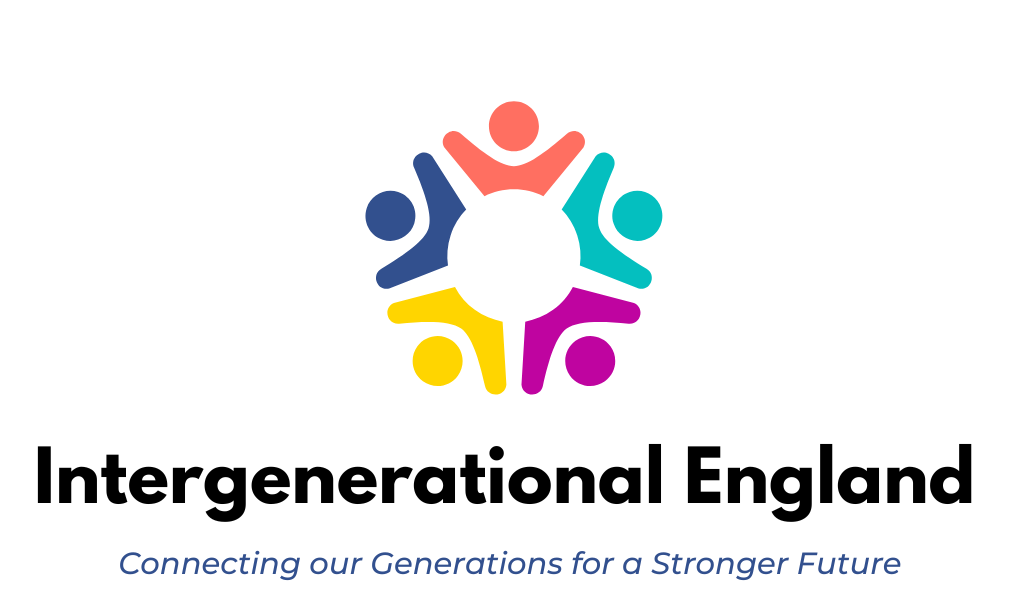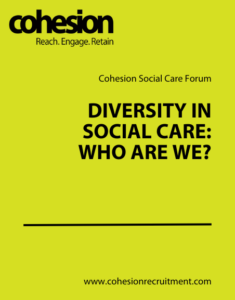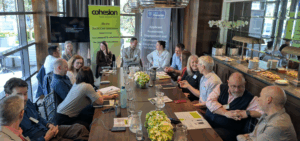As a sector, it’s evident that our current workforce isn’t particularly diverse. A factor care and support providers work hard to positively influence, when reflecting on the data published each year by Skills for Care.
- Less than 10% of the adult social care workforce is under the age of 25.
- Less than 20% are men.
- Many of our dedicated team members will be considering retirement within the next 10 years.
Workforce diversity is crucial as we evolve and adapt to the changing care and support needs of our society. Harmonious multigenerational teams can significantly enhance our recruitment and retention efforts, ultimately leading to the best outcomes for those we care for and support.
Our friends at Intergenerational England are dedicated to bridging the divide between generations and fostering collaboration. In their latest blog, they explain the importance of a multigenerational workforce and tailored recruitment strategies.
You can read the blog here.
Building a diverse workforce requires a diverse recruitment process. While consistency is essential for optimal conversions and cycle times, understanding the needs of different demographics – and acting on them – ensures all candidates are engaged and perform at their best.
- Young People: They want to work for organisations that deliver social value (hello, social care!) They are influenced by their parents, and are often balancing studies with meaningful work locally.
- Older People: For them, the quality of work, enjoyment, and flexible working arrangements are important.
Integrating a multigenerational workforce within social care will help build a better workforce for tomorrow. It’s vital to consider varied approaches during recruitment, onboarding, and beyond. To learn more about the priorities of different groups, what recruitment and retention data reveals, and how to harness greater workforce diversity – watch our recent event recording here.
Visit the Intergenerational England website for more information about their work here.





